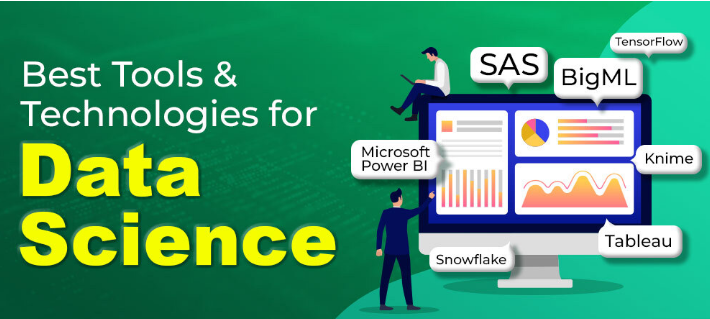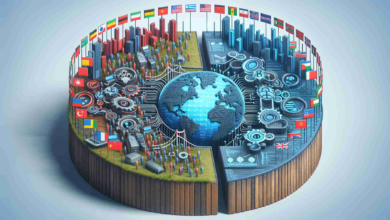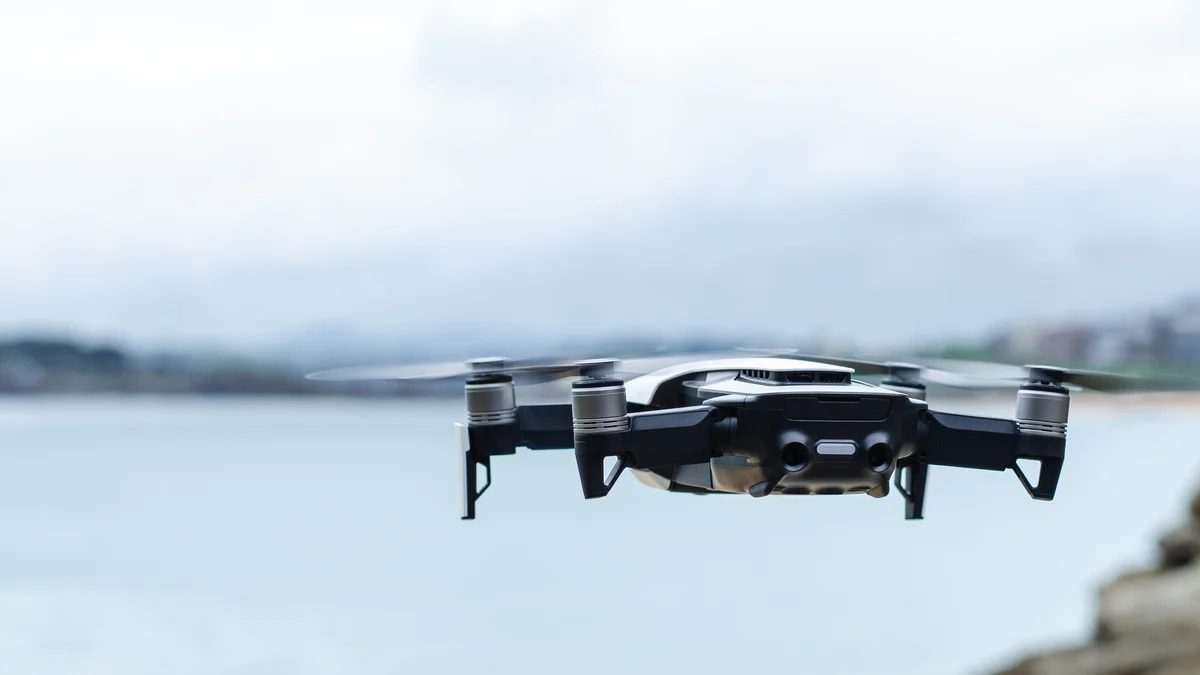Technology and Data Science. The Rise of Technology and Data… | by Qasimkolo | May, 2024

The fields of technology and data science have experienced exponential growth over the past decade, profoundly influencing various aspects of our daily lives and industries. As digital transformation accelerates, understanding the impact and potential of these areas becomes increasingly crucial.
The Impact of Technology
Technology has revolutionized how we communicate, work, and live. From smartphones and social media to cloud computing and the Internet of Things (IoT), technological advancements have made the world more connected and efficient. Innovations such as artificial intelligence (AI) and machine learning (ML) are not just buzzwords but have practical applications across different sectors.
For instance, AI-driven chatbots and virtual assistants like Siri and Alexa have become commonplace, enhancing customer service and personal productivity. Meanwhile, cloud computing solutions from providers like AWS, Google Cloud, and Microsoft Azure have enabled businesses to scale rapidly without the need for significant physical infrastructure investments.
The Role of Data Science
Data science, a field that combines statistical analysis, machine learning, and domain expertise, plays a critical role in extracting actionable insights from vast amounts of data. This capability is essential for making informed decisions in business, healthcare, finance, and more.
Companies leverage data science to understand customer behavior, optimize operations, and drive innovation. For example, in healthcare, predictive analytics can forecast disease outbreaks and improve patient care. In finance, algorithms analyze market trends and manage risks effectively.
Real-World Applications
Healthcare:
AI algorithms analyze medical images for faster and more accurate diagnoses. Predictive models help in anticipating patient needs and personalizing treatment plans.
Retail:
Data science helps retailers optimize inventory, forecast demand, and personalize customer experiences through recommendation engines similar to those used by Amazon and Netflix.
Transportation:
Ride-sharing apps like Uber use data science to predict demand, optimize routes, and reduce waiting times for passengers.
Manufacturing: Predictive maintenance powered by IoT sensors and data analytics prevents equipment failures and reduces downtime, thereby increasing productivity and cost-efficiency.
Challenges and Ethical Considerations
While the benefits of technology and data science are immense, they also come with challenges. Data privacy and security are paramount concerns as more personal information is collected and analyzed. Ensuring ethical use of AI and avoiding biases in machine learning models are critical for maintaining public trust and fairness.
Moreover, the rapid pace of technological change can lead to job displacement, necessitating a focus on reskilling and education to prepare the workforce for new opportunities in the digital economy.
Conclusion
The integration of technology and data science is transforming industries and society at large. The ability to harness data for meaningful insights and leverage technological innovations offers unprecedented opportunities for growth and efficiency. However, it is crucial to address the ethical, privacy, and societal impacts of these advancements to ensure they benefit all segments of society.
As we move forward, the synergy between technology and data science will continue to shape our future, driving progress and innovation in ways we have yet to fully imagine.
By focusing on the transformative power of technology and data science, we can appreciate the advancements while remaining vigilant about the challenges they pose. This balanced perspective is essential for leveraging these fields to create a better, more informed world.



